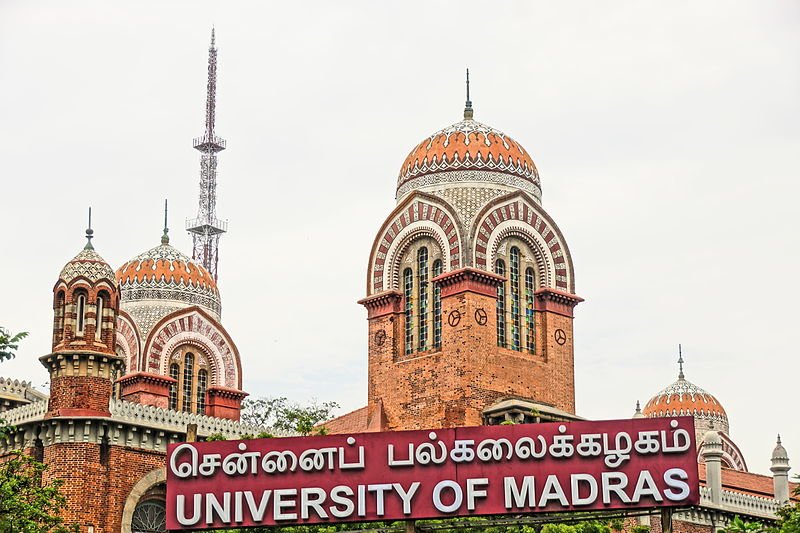The time for public consultations for a bill that seeks a major change in the nation’s higher educational structure is over. The bill that will abolish the University Grants Commission (UGC) and create a Higher Education Commission of India (HECI) will be tabled in Parliament and is likely to become law soon.
As a reform measure, the bill seeks to vest more powers with the HECI than the UGC had to regulate institutions. While educationists in Tamil Nadu find this a positive move, they are also concerned with excessive centralization inherent in the bill.
On July 5, the state higher education minister K P Anbalagan insisted on the floor of the Assembly that Tamil Nadu will not give up on its rights though the government did not go on record with any dissent against the bill. Leader of the Opposition M K Stalin expressed concerns over whether the state universities will lose out any funding that will come from the UGC.
Some educationists say the state should have stridently opposed the change. As per the new bill, the HECI will focus exclusively on regulating higher education and ensuring quality whereas the funding decision will vest with the Ministry of Human Resource. “The funding will be controlled by central bureaucrats and strikes against the concept of autonomy of higher education institutions. Tamil Nadu’s higher education system has evolved over the years and is among the best in the nation. Instead of rewarding the state, funding will now be based on ideological and political considerations, given how the BJP-led central government has been functioning,” says V Vasanthi Devi, former vice-chancellor of Manonmaniam Sundaranar University.
She finds it surprising that votaries of state rights such as chief minister of West Bengal Mamata Banerjee have been largely silent on a regressive measure, and criticizes the Tamil Nadu government for not asserting its position. She said the appointment of UGC chairperson will be directly in the hands of central bureaucrats unlike in the past when teachers had a major role. “There were problems with the UGC and its functioning. But this change is like throwing the baby away with the bathwater,” Vasanthi Devi said.
Balaguruswamy, noted educationist, welcomed the reform move. He said the UGC had not quite succeeded in its core mission of ensuring quality of education. It did not have enough powers and was not fully effective. He believes the HECI has a clear focus.
A top official at the University of Madras said over a period of time the mandate of the UGC had become diluted. Creation of separate professional bodies for medical and engineering education substantially reduced UGC role in higher education. Further, initially, institutions that offered quality education but could not be called universities were deemed to be a university – such as the Institute of Mathematical Sciences. But over the years, the deemed university status was awarded to a range of private universities. Similarly, the fund allocation had been progressively going down over the years, he said, adding that no state university will be deeply harmed by a cut in UGC funding. He hoped the new mechanism will devolve funds in a transparent manner, through a formula.
Many educationists welcomed the power given to the HECI to close down substandard institutions. In the past, UGC could only evaluate and cut funding but not take punitive action. The Madras University official also felt the UGC was unable to implement its norms for vice-chancellor selection in Tamil Nadu, which he hoped the new commission will have powers to enforce.











